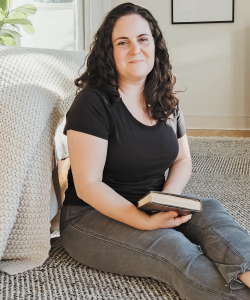Inspiration, Imagined

Since 2010 we have asked graphic designers and artists to create new, surprising, and uniquely inspiring covers for the first issue of the year; in this portfolio we look back at their work.
Jump to navigation Skip to content

Since 2010 we have asked graphic designers and artists to create new, surprising, and uniquely inspiring covers for the first issue of the year; in this portfolio we look back at their work.

Five acclaimed writers traverse the literary landscape, gleaning lessons from diverse genres of writing and bringing them back to bear on any work.

The acclaimed fiction writer, essayist, comic book writer, and screenwriter cautions against growing too rigid in your practice and suggests kicking down some doors and using writing as a multi-tool.

Ten authors answer the tenth question in our Ten Questions series: What’s the best piece of writing advice you’ve ever received?

The author of Ocean of Clouds (Knopf, 2025) considers the lineage of his own loping lines and encourages poets to try them.

“I think I’m a natural maximalist, and I still enjoy orchestrating a complex, layered scene or sentence, but I often found myself paring down versus building up.” —Jade Chang, author of What a Time to Be Alive

Writing a book is a daunting challenge—but the texts we know and love can help. A nonfiction writer describes how a methodically organized spreadsheet of favorite quotes aided her journey from proposal to finished memoir.

In the poetry collection I Imagine I Been Science Fiction Always, Douglas Kearney shatters traditional expectations by transforming images and texts into dynamic conversations about Black identity, personhood, and art.

Drawing strength from traditions of moving across the land, a poet describes the joy and presence of mind that driving brings. Without the constant pull of screens, the road opens up an ideal space for creation.

Residency programs at the homes of famous writers offer both the luxury of space and time to write and deep immersion into a literary hero’s everyday world, often providing newfound clarity and insight into ongoing work.